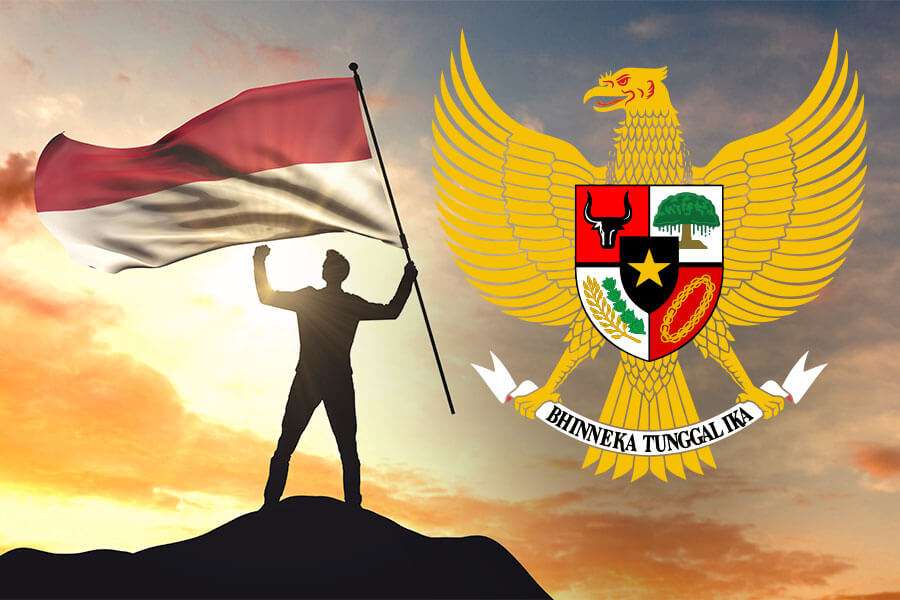By: Dhania Puspa Purbasari

Nationalism began with the Boedi Utomo nationalist revival movement in 1908. Second, the revival of nationalism in 1928 which was manifested in the 1928 Youth Pledge. Third, namely the series of events of the 1945 independence revolution. The Rengas-Dengklok incident illustrates the enthusiasm of young people to create a sovereign state in the Independence framework. Fourth, the development of nationalism in 1966 coincided with changes in the Indonesian government structure towards the New Order. Fifth, the development of nationalism during the reform period. (Andi Widjajanto: 2022)
Nationalism in the narrow sense is an attitude that elevates one’s own nation, while not respecting other nations as they should. This kind of attitude clearly separates one nation from another. This situation is often called chauvinism. In a broad sense, nationalism is a view of a natural feeling of love for the nation and state, and at the same time respecting other nations.
In history, it is explained that Pancasila is the ideology of the Indonesian Nation and State, which is the result of the struggle of the founding fathers of the nation. From this history we can explore the living habits of the Indonesian people, where these have been formulated in five formulas which we know as Pancasila. Pancasila should also be ingrained in all Indonesian people.
Pancasila and nationalism have a close relationship in the Indonesian context. Pancasila as the basic ideology of the Indonesian state plays an important role in promoting and strengthening nationalism among its citizens.
Pancasila values to increase nationalism, first, divine values or religiosity. This religious value is related to something that is considered to have holy, sacred, noble and majestic power. Second, human values or morality, related to just and civilized humans. Third, the value of Indonesian unity, where this unity is the presence of the Indonesian nation. The Indonesian nation itself exists to create love for all ethnic groups. Fourth, the value of deliberation and representation, related to humans as social creatures. Fifth, the value of social justice, where this value is a value that traces the norm of impartiality.
So, in other words, Pancasila and nationalism have a mutually reinforcing relationship in Indonesia. Pancasila helps shape a strong national identity and motivates Indonesians to love and contribute to their country, while nationalism strengthens commitment to the values of Pancasila and unity in diversity.
Do you agree?
Register now and start your journey towards a more productive and blessed life! Don’t forget to visit https://campsite.bio/QQ Group.
Mari bersama kita melangkah menuju Indonesia hebat!
